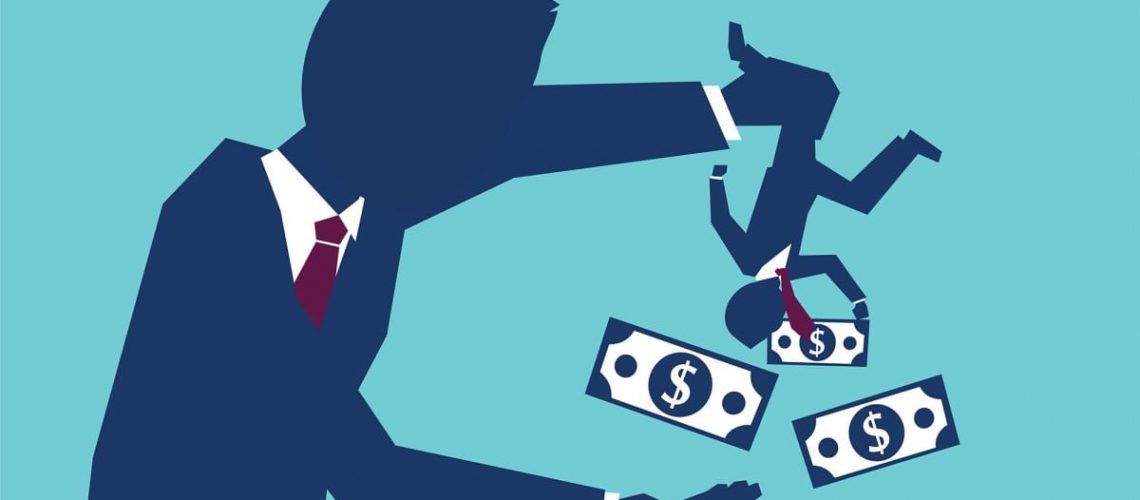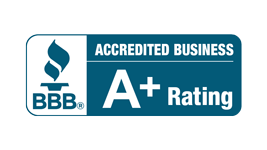Can Debt Collectors Take Your Stimulus Check?
Debt collectors can take stimulus money. Stimulus money is not protected from debt collectors under the CARES Act. Here’s what you need to know to protect your stimulus from debt collectors.
The good news: The CARES Act is passed and many will receive stimulus checks.
The bad news: Debt collectors know this too, and may try to take your money.
The CARES Act will provide stimulus checks in the sum of $1,200 to adults with annual incomes up to $75,000, plus an additional $500 per child. We really need this money to help pay rent and other bills.
But, there is a danger here for many consumers, and they don’t even know it.
If you have an old judgment, creditors and debt collector attorneys may be waiting to snatch your stimulus check.
Certain debt collector attorneys for creditors may be looking for an opportunity to garnish your check as soon as it you’re your bank account.
The Problem:
Old Judgments.
Many of my clients have old court judgments against them. In many cases, these happened years ago, by default, and truthfully, my clients don’t even know it.
When this happens, they don’t realize that they are potentially subject to bank account seizure,
Including their stimulus payment.
Warning Signs:
Have you been garnished before? If so, and if the amount you owe was not fully paid, including all court costs and interest, the debt collector attorney could, at any time, file another garnishment against you, and try to get your stimulus.
Have you been sued? Ever? Unless you are absolutely sure, you need to try to check on this. This is the standard recipe for bank account garnishment. Frequently, my clients tell me that they “got some papers from the court – but nothing ever happened.”
Probably not true.
Most of the time something did happen.
A default judgment was issued. Unless you file an answer to the complaint with the court, there is no requirement that the court or creditor notify you of the judgment. Often they do, but in many cases they do not.
When this happens, your paycheck and bank accounts are vulnerable to attack.
Even if the debt, or the court judgment does not show up on your credit report, this does not mean that the debt or judgment is not there, waiting to get you.
Credit reporting is not mandatory, and credit reports are often incomplete and inaccurate.
The way to be sure is to go to the court’s website and check it our for yourself
What can you do?
If you have filed taxes and given the IRS your bank account information, the stimulus will be directly deposited into your account. You should remove the money as soon as you can.
If you have not filed taxes and will be getting a paper check, you could cash it and use the money to purchase cashier’s checks or money orders to pay bills.
You could put the money into the account of someone who has not been sued, and has no judgments (remember – if you put money into someone’s account – THEY might have a judgment and get garnished. I had a client lose thousands of dollars that way!)
Ohio Garnishment Protection
Ohio law provides protection for up to $450 from creditor garnishments. This means that the creditor can only take the amount in your account above $450. Clearly, this won’t protect anybody’s stimulus check in full. see: Ohio Protection Also see Ohio Exemptions
Other Protection
Changing banks can help. If you have been garnished, they you know that your creditor has your bank account info, and will probably try to hit that account again.
Also, if you have ever paid the creditor by check, then the creditor has that information as well.
You could change banks, and select a smaller, local bank, one that may be less well known and therefore less of a target for your creditor to garnish.
Sometimes the creditor will “shotgun” garnish. This is where the creditor files numerous garnishment’s all at once, for different banks in the area where you live, hoping that you will have money on deposit in one or more of them.
Putting money on a prepaid debit card, in an online bank, is a possible strategy.
No guarantees here. Having money in any bank account with your name on it carries some risk.
Coronavirus bankruptcy law changes are part of the new CARES act. As part of the Cares Act, there have been changes to help those in Chapter 13 who have been affected by Coronavirus.
We currently have over 1,000 active chapter 13 cases, and many of our clients are experiencing financial distress as a result of the Coronavirus. The CARES Act, which provides financial relief for many, and the recent changes in Ohio unemployment law, providing for increased eligibility and benefits, will help, but only go so far. Not enough, for many, to keep up with their plan payments.
The CARES Act provides that we can extend chapter 13 plans for an additional year, if needed for Coronavirus bankruptcy cases! This is totally unprecedented, as is the situation we now face.
This may allow us to lower the monthly plan payment, and keep the case from being dismissed.
Also, the CARES Act provides that we do NOT have to include any monetary assistance received as a result of the virus in the calculation of the plan payment.
This may further permit plans to be modified to ensure that they can successfully complete.
CAVEAT – Since this legislation has just been enacted, we do not know how our local trustees and Judges will interpret the law changes.
My expectation is that the new provisions will be interpreted liberally in favor of our clients.
These new provisions apply to all cases, not just cases filed after the law went into effect.




